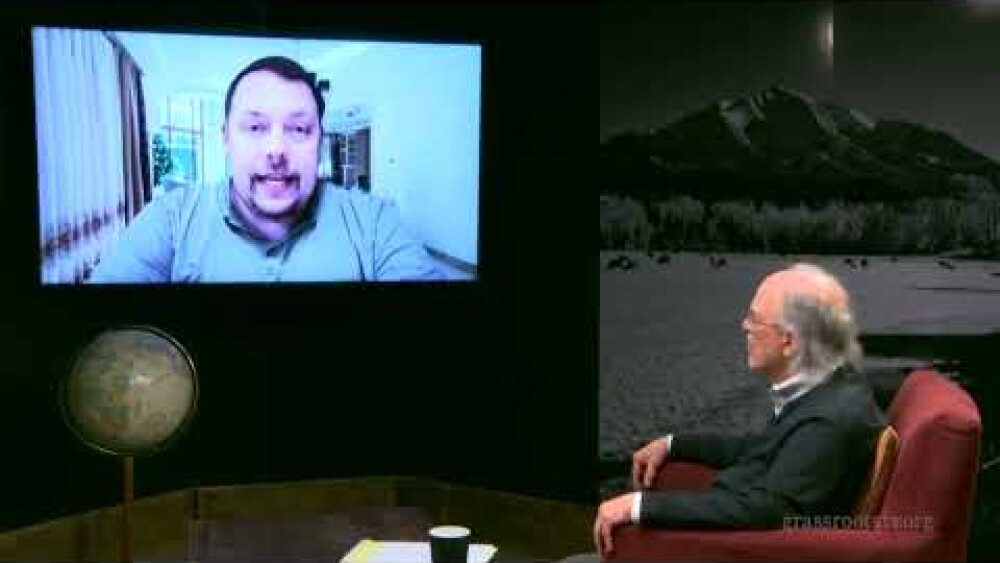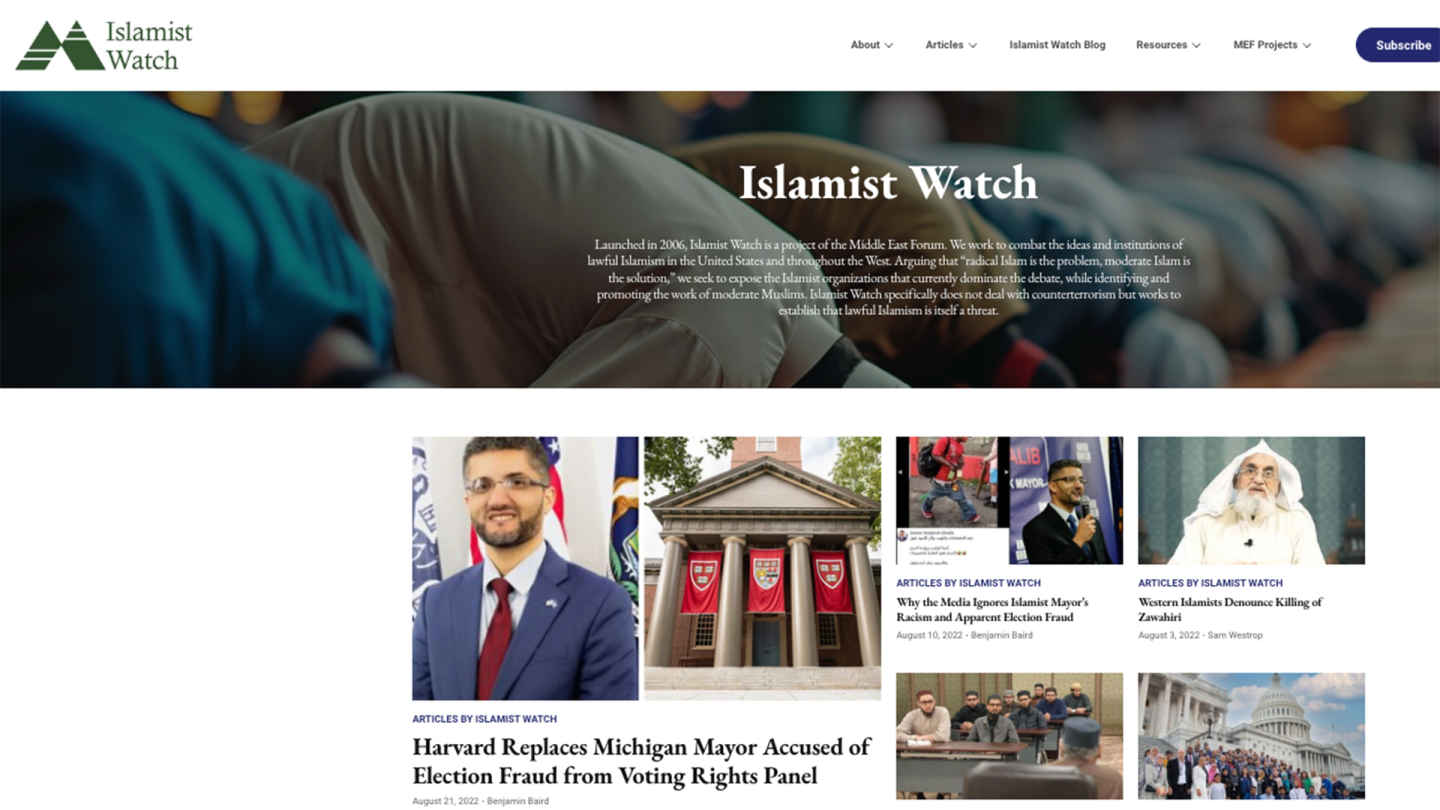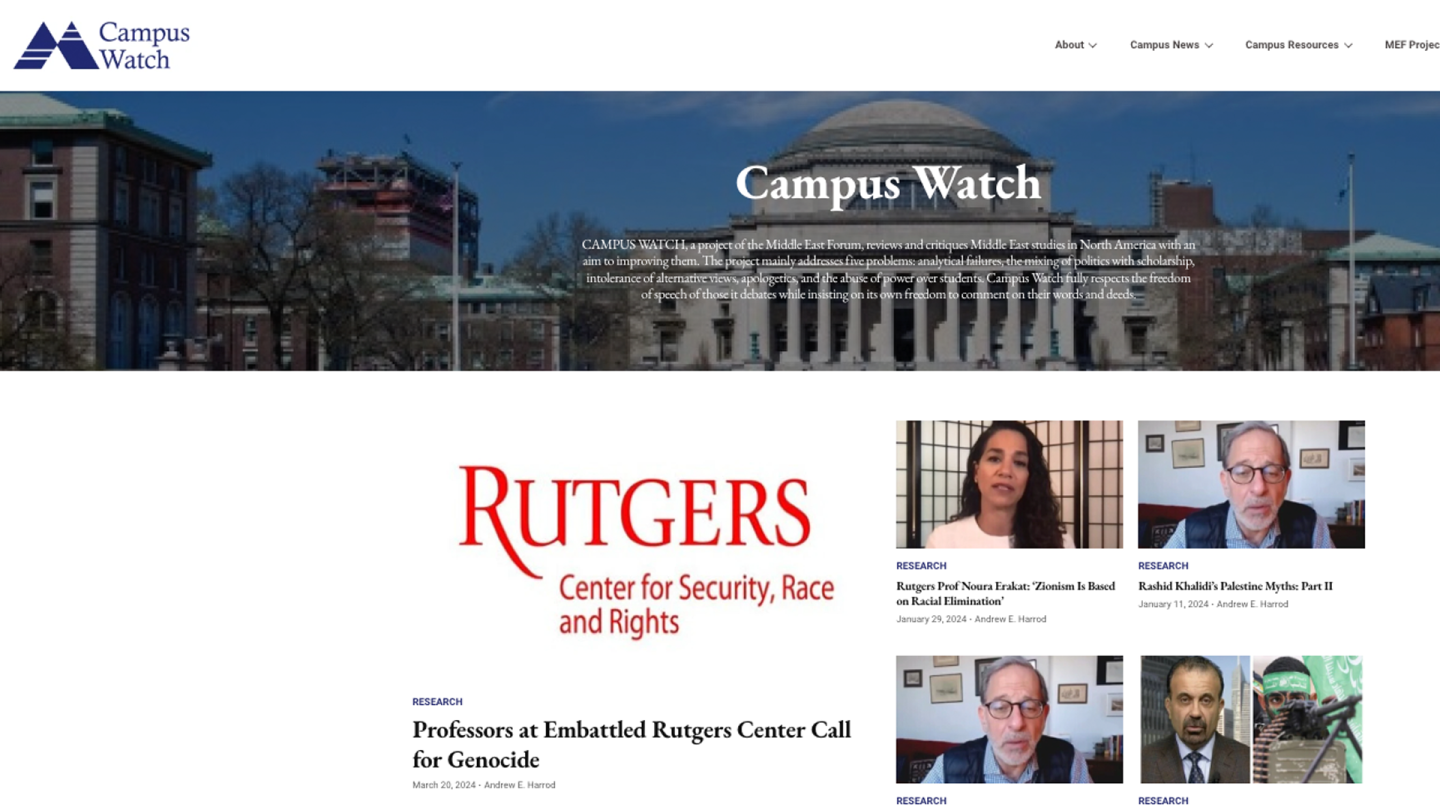For Decades, the International Community Remained Stubbornly Wedded to a ‘Top-Down’ Fantasy
India’s Trade with the United States and European Union Reaches Roughly $400 Billion—More than 133 Times India-Iran Trade
In a Highly Anticipated Move, the Trump Administration Designated Factions of the Global Muslim Brotherhood as Terrorist Organizations Last Month
This Geopolitical and Economic Model Turns National Territory Into a Forward Operating Base
Iran Faces the Largest U.S. Naval and Air Deployment in the Region Since the 2003 Iraq War
Leadership Change May Disrupt Tempo, but It Does Not Dismantle Embedded Networks Built over Years
The Current Islamist Government of Turkey Has Never Taken Any Action to Curb This Illegal Funding for Hezbollah
While Saied’s Current Mandate Still Has Years to Run, the Architecture for Its Extension Is Already Being Built
Washington Has Misread the Houthis for Too Long
Spotlight on Diplomacy with Iran
Negotiations are back underway between the United States and Iran. The stakes are high after the regime slaughtered tens of thousands of protesters. The question also remains whether the Islamic Republic will honor any deal they make.
The world is watching to see what unfolds. The United States has moved what President Trump calls a “massive armada” within striking distance. Will here be an attack on the regime or will some sort of deal be struck? MEF fellows and experts have thoughts on all of this.
The world is watching to see what unfolds. The United States has moved what President Trump calls a “massive armada” within striking distance. Will here be an attack on the regime or will some sort of deal be struck? MEF fellows and experts have thoughts on all of this.
No Official Details Have Emerged About Washington’s Minimum Demands If Talks Proceed
Middle East Quarterly - Current Issue
Founded in 1994 by Daniel Pipes, MEQ is the Middle East Forum’s journal intended for both scholars and the educated public. Policymakers, opinion-makers, academics, and journalists write for and read the Quarterly, which is known for exclusive interviews, in-depth historical articles, and book reviews on subjects ranging from archaeology to politics and on countries from Morocco to Iran.
Winter 2026 Volume 33: Number 1
Winter 2026 Volume 33: Number 1
-
Lawmakers from Israel, U.S., Greece, and Cyprus Launch Caucus to Strengthen Ties and Contain Ankara
-
Bipartisan Members of Congress Join Israeli Knesset Members for Virtual Strategy Session on the 3+1 Framework
-
Comprehensive Analysis Examines U.S. Military Buildup, Opposition Leadership, and the Case for American Action Following Regime’s Massacres
-
A Federal Judge Has Dismissed All Claims Brought by the South Florida Muslim Federation Against the Middle East Forum and Its Allies for the Second Time
-
Iran’s Regime Has Schemed to Expand the Islamic Revolution Since the Ayatollahs Seized Power in November 1979
-
The India of 1949 Was ‘Postcolonial, Post-British, Post-Partition, Post-Traumatic’
-
Savagery and Hostage-Taking Has Been Used to Reframe the Palestinian Arab-Israeli Conflict and Unleash a Torrent of Antisemitism
-
Policymakers May Consider Middle East Islamism in Decline, but They Ignore the Fact That in South Asia and the Far East, Islamism Is in Ascendance
Middle East Forum Observer
Founded in 2024, the Observer provides rapid analysis on leading Middle East developments, from Marrakech to Mashhad and the Bab el-Mandeb to the Black Sea.
Launched in 2006, Islamist Watch is a project of the Middle East Forum. We work to combat the ideas and institutions of lawful Islamism in the United States and throughout the West. Arguing that “radical Islam is the problem, moderate Islam is the solution,” we seek to expose the Islamist organizations that currently dominate the debate, while identifying and promoting the work of moderate Muslims.
CAMPUS WATCH, a project of the Middle East Forum, reviews and critiques Middle East studies in North America with an aim to improving them. The project mainly addresses five problems: analytical failures, the mixing of politics with scholarship, intolerance of alternative views, apologetics, and the abuse of power over students. Campus Watch fully respects the freedom of speech of those it debates while insisting on its own freedom to comment on their words and deeds.
Antisemitism
-
-
Eighth-Graders Are Told That Moses and Jesus Are ‘Islamic Prophets’ and That Christians Will Be Punished for Believing in the Trinity
-
Jewish Voice for Peace and Students for Justice in Palestine Operate as Interchangeable Parts of the Same Network
-
Israeli Christians and Islamic Converts Blast Declaration for Adopting a Submissive Posture Toward Islam
Gaza
-
Reconstruction Talk That Races Ahead of Security Realities Risks Freezing Conflict Rather than Resolving It
-
When a Centralized Ideological Regime Collapses, the Vacuum Is Never Filled by a Committee of Bureaucrats
-
Israeli Forces Claim There Are Violations ‘Every Day’
-
For Nearly Eight Decades, the International Community Has Coddled a Unique and Dangerous Fiction: The Perpetual Palestinian Arab Refugee
Islam
-
State Centralization Transformed the Waqf Into a Regulatory Instrument That Retained the Name but Lost Its Substance
-
How Islam Severed Itself from the Biblical World That Once Made Its Scripture Intelligible
-
He Is Not an Islamist, but He Is a Muslim Tribalist Who Believes the White Race Has Exploited Middle Eastern Muslims
-
European Court Ruling Will Set Precedent on Muslim Nation Vying for European Union Membership
Muslims in the US
-
The West, in Its Universalist Hubris, Imports Incompatible Paradigms, Believing That Liberal Democracy Can Digest Everything, like an Omnivorous Leviathan
-
And While We’re at it, Think Twice About Offering Him Another Post
-
The United States Is Entering a Critical Phase in Its Encounter with Political Islam





















































![“We see them test our troops. We see them carrying out attacks every week… [Hamas] injured and killed soldiers since the ceasefire began,” IDF Lt. Col. Nadav Shoshani told The Post at a military outpost in the central Gaza Strip on Thursday.](https://cdn-mef.meforum.org/dims4/default/126c66a/2147483647/strip/true/crop/2704x1520+0+140/resize/500x281!/brightness/16x0/quality/90/?url=https%3A%2F%2Fk2-prod-mef.s3.us-east-1.amazonaws.com%2Fbrightspot%2F3d%2F29%2Fd1c530464a578792da895f74a56f%2Fidf-soldier-silhouette-in-gaza.jpg)










